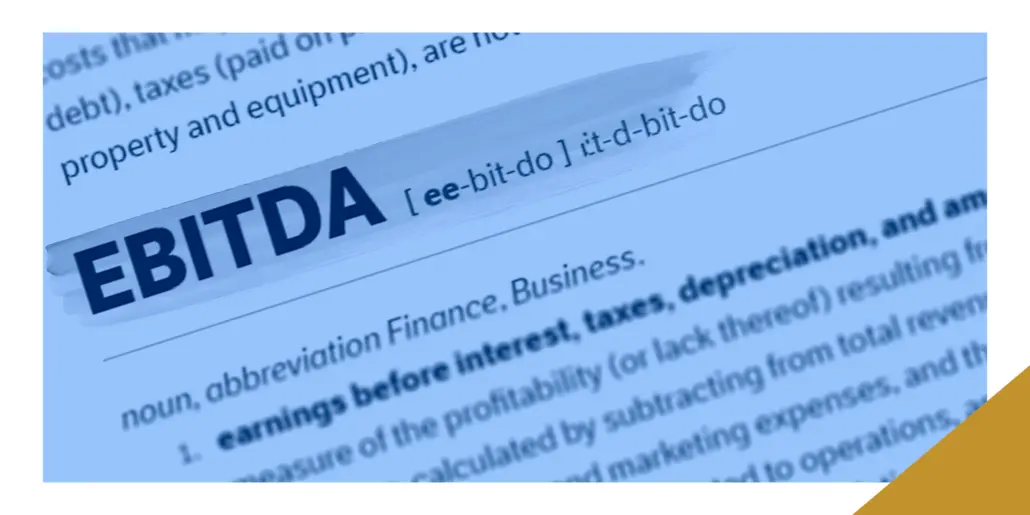A business that doesn’t budget sets itself up for an array of financial problems down the road. This is true for businesses of all ages and sizes. For startup entrepreneurs, a budget is like a roadmap that can help them set goals and assess the soundness of their business concept. For established businesses, a budget can be used as a pulse check – determining how the business is performing year-over-year and helping identify potential future investments. Conversely, companies that develop short- and long-term business objectives by creating a detailed business plan can design a blueprint for financial success and expanding opportunities.
Carefully constructed budgets help businesses continually track where they are financially. This allows for strategic, long-term planning and forecasting for everything from operating costs to potential expansion. By regularly consulting a budget, businesses can compare actual figures and catch potential business shortfalls or other problems early. Knowing where the budget stands opens up the ability to hire employees, invest in new products and set earnings goals in line with the organization’s corporate financial objectives. Budgets and forecasting can also be instrumental in winning over investors, convincing banks your business is a good loan risk, or bringing on new customers or partners.
Bottom line: Without a budget, business owners are flying blind. A solid budget identifies current available capital, estimates expenditures, and anticipates revenues. And businesses should continually refer to them as a way of measuring performance against expectations.
Perhaps the single most potential benefit of formal budgeting and forecasting lies in ensuring that knowledgeable and responsible executives take time each year — and again at fixed intervals throughout the year — to think about their operation thoroughly/comprehensively/exhaustively. Typically, this process is led/driven by the company’s chief financial officer. Hiring an interim or part-time CFO can help focus on key financial elements rather than get lost in the day-to-day operational details of the business. Part-time CFOs are cost-effective and offer an outside perspective that delivers invaluable input and insight to strategic decisions. Click here to learn more about Rankin McKenzie’s part-time and interim CFO and Controller services.
By: Robert McKenzie, Co-Founder and Partner at Rankin McKenzie



